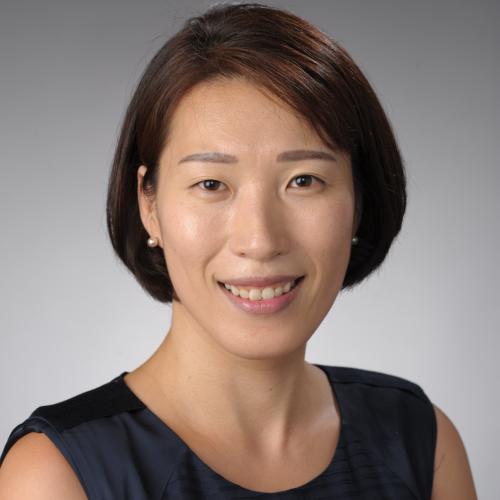Doctoral candidates Jenna Kim and Jaihyun Park have received 2024 Eugene Garfield Doctoral Dissertation Fellowship Awards from Beta Phi Mu, the international honor society for library and information studies. Up to six recipients are selected annually for this prestigious award, which is a national competition among doctoral students who are working on their dissertations. The amount awarded for each fellowship is $3,000.
Kim successfully defended her dissertation, "Implementing Pre-trained Language Modeling Approaches for Author Name Disambiguation," on June 11. Her committee included Jana Diesner (chair), affiliate associate professor in the iSchool and professor at Technical University of Munich; Professor Bertram Ludäscher; Associate Professor Vetle Ingvald Torvik; and Assistant Professor Haohan Wang. The abstract reads as follows:
Distinguishing between different authors who share the same names or identifying instances where different names refer to the same individual remains a persistent challenge in bibliometric research. This complexity impedes accurate cataloging and indexing in digital libraries, affecting the integrity of academic databases and the reliability of scholarship evaluation based on bibliographic data. This dissertation delves into applying pre-trained language models for author name disambiguation within scholarly databases and identifying its potential and limitations compared to traditional machine learning approaches. The findings confirm that pre-trained language models significantly outperform traditional approaches, particularly regarding recall and F1 scores, demonstrating their ability to handle complex linguistic patterns and contextual cues vital for accurately differentiating between authors with similar names.
Park successfully defended his dissertation, "A Computational Approach Toward Understanding Political Language of Ideologically Opposing Groups - From Historical Newspapers to Social Media," on June 4. His committee included Associate Professor Ryan Cordell (chair); Professor Ted Underwood; Assistant Professor JooYoung Seo; and JungHwan Yang, assistant professor in the U of I Department of Communication. The abstract reads as follows:
Motivated by ever-increasing polarization in the United States, this dissertation investigates how people of opposing viewpoints engage in political battles by taking advantage of computational approaches such as Natural Language Processing (NLP) and network analysis. The problem of slavery from the antebellum period to the Civil War and the racism toward Asian workers who migrated to the United States after abolition created a deep chasm in the United States. In addition, “dividing us from them” explains contemporary politics and creates obstacles to increase polarization. Connecting different time periods under the big theme of analyzing a divided society, this dissertation compares the difference between the discourse communities and how their political stance toward (1) slavery, (2) racism, and (3) voter fraud claims in the 2020 U.S. Presidential Election is reflected in their language. Taken together, it bridges the gap between studies on racially and politically divided society and computational methods, and it contributes to the field of digital humanities and computational social science.
Upon completion of his dissertation, Park joined the Wee Kim Wee School of Communication and Information at Nanyang Technological University in Singapore. Kim will join the faculty of the University of Alabama College of Communication & Information Sciences this fall.
